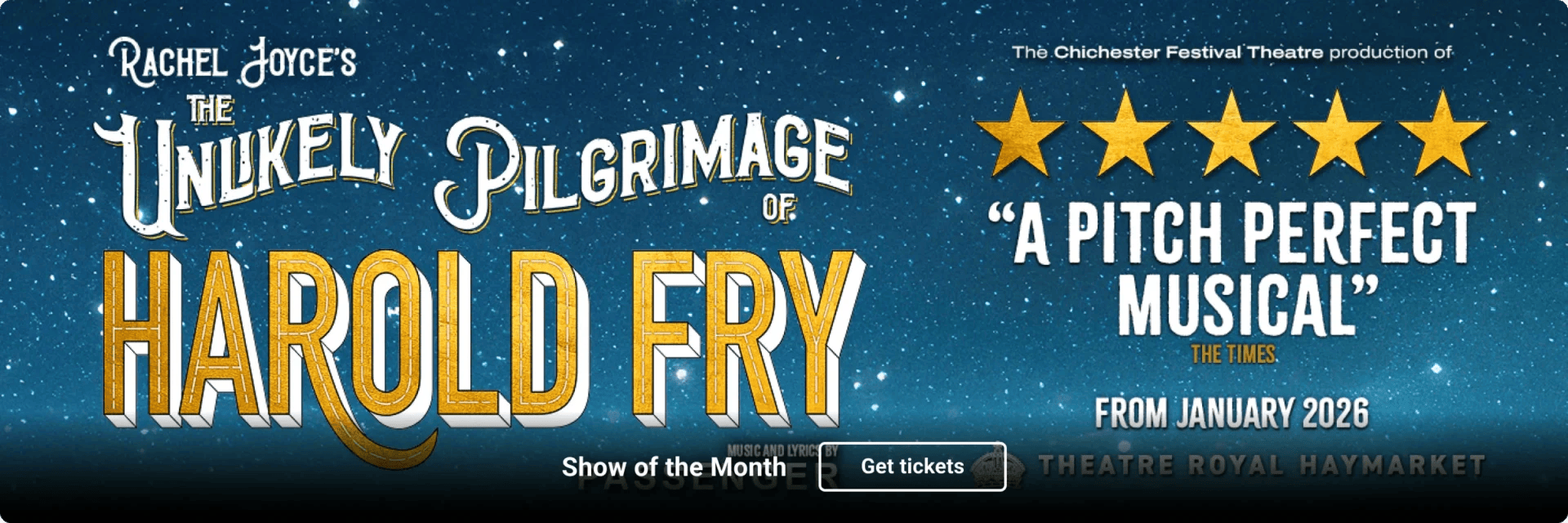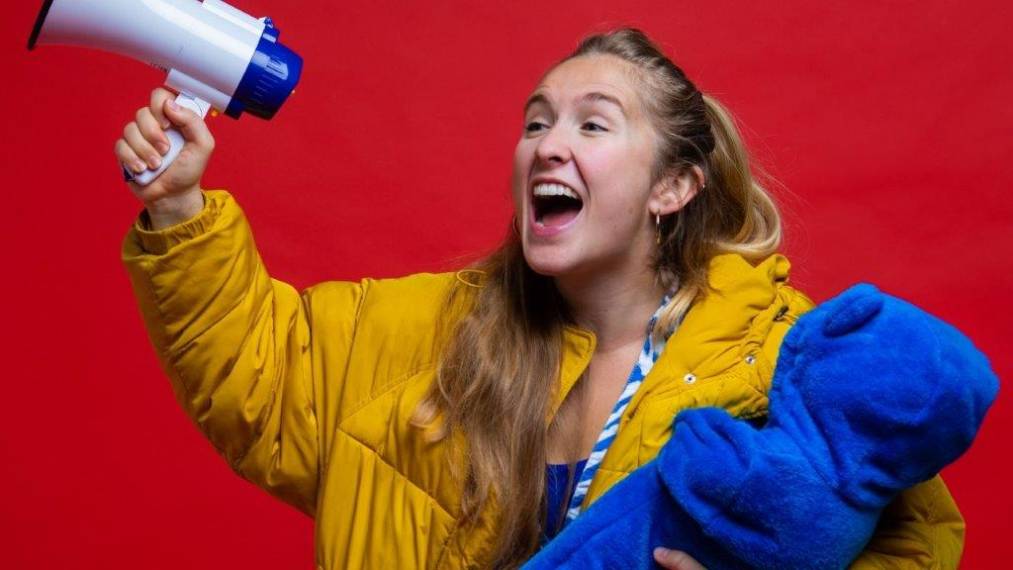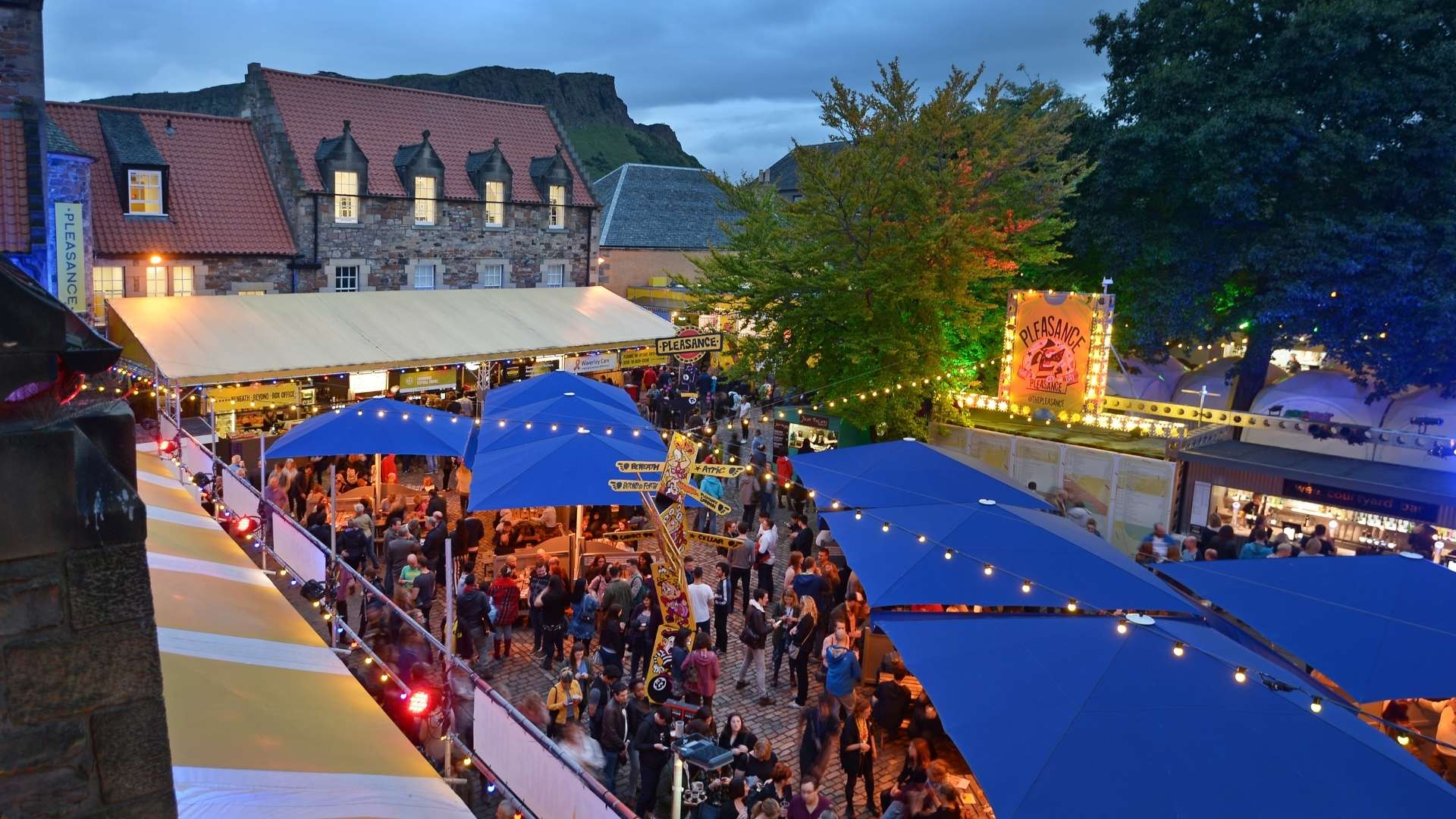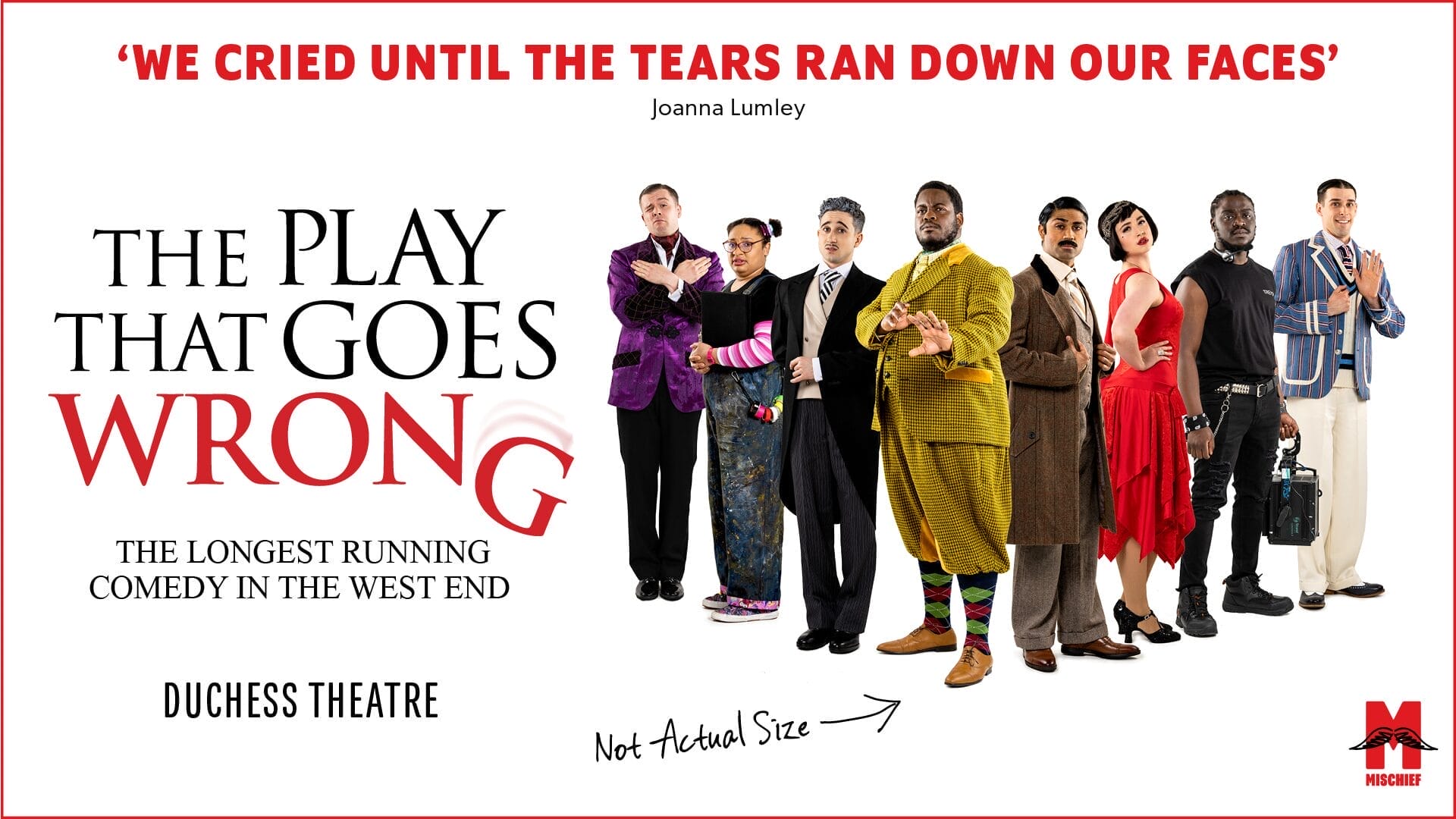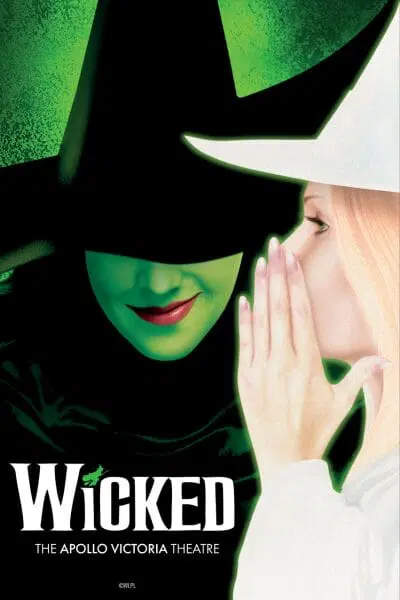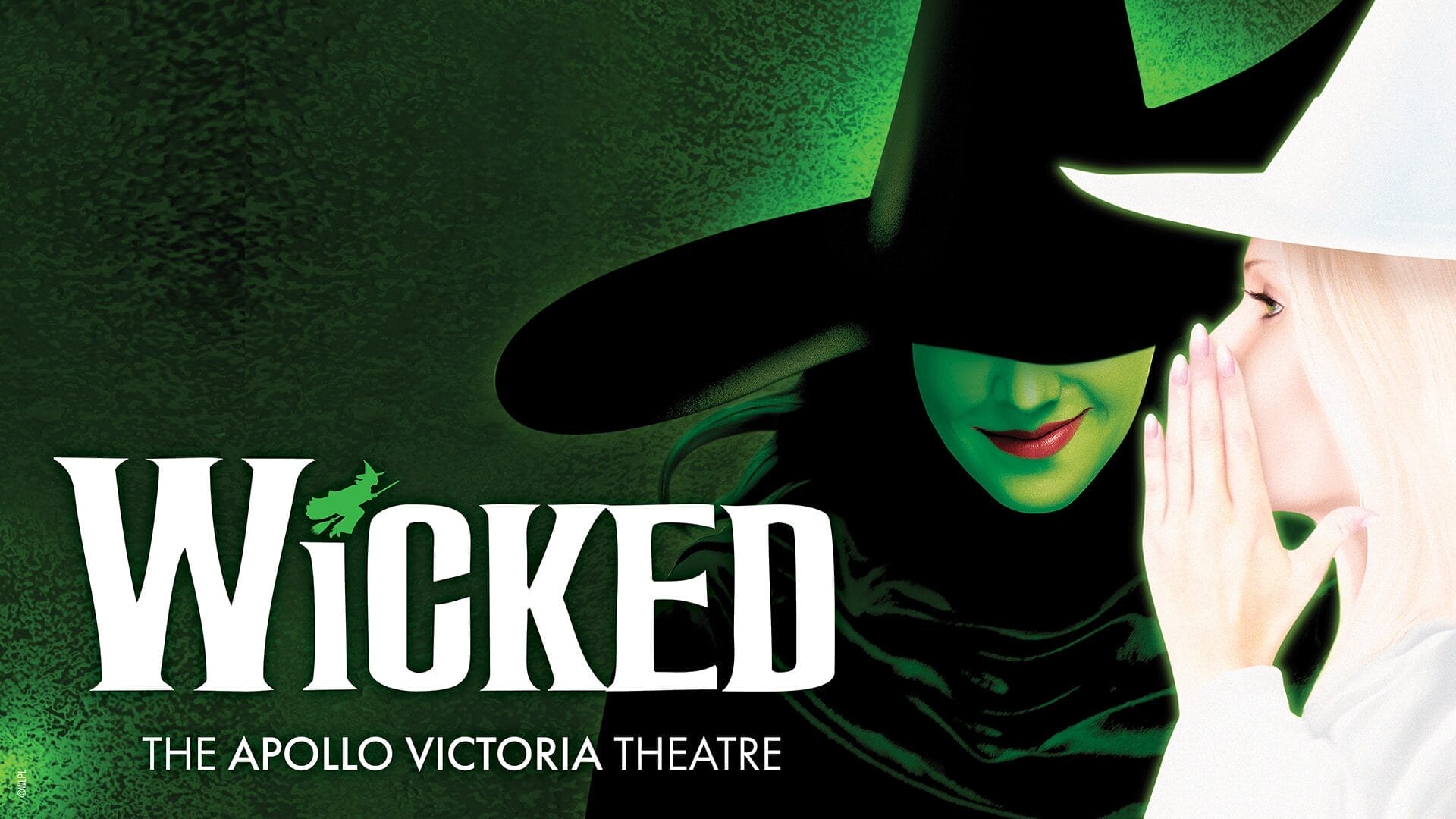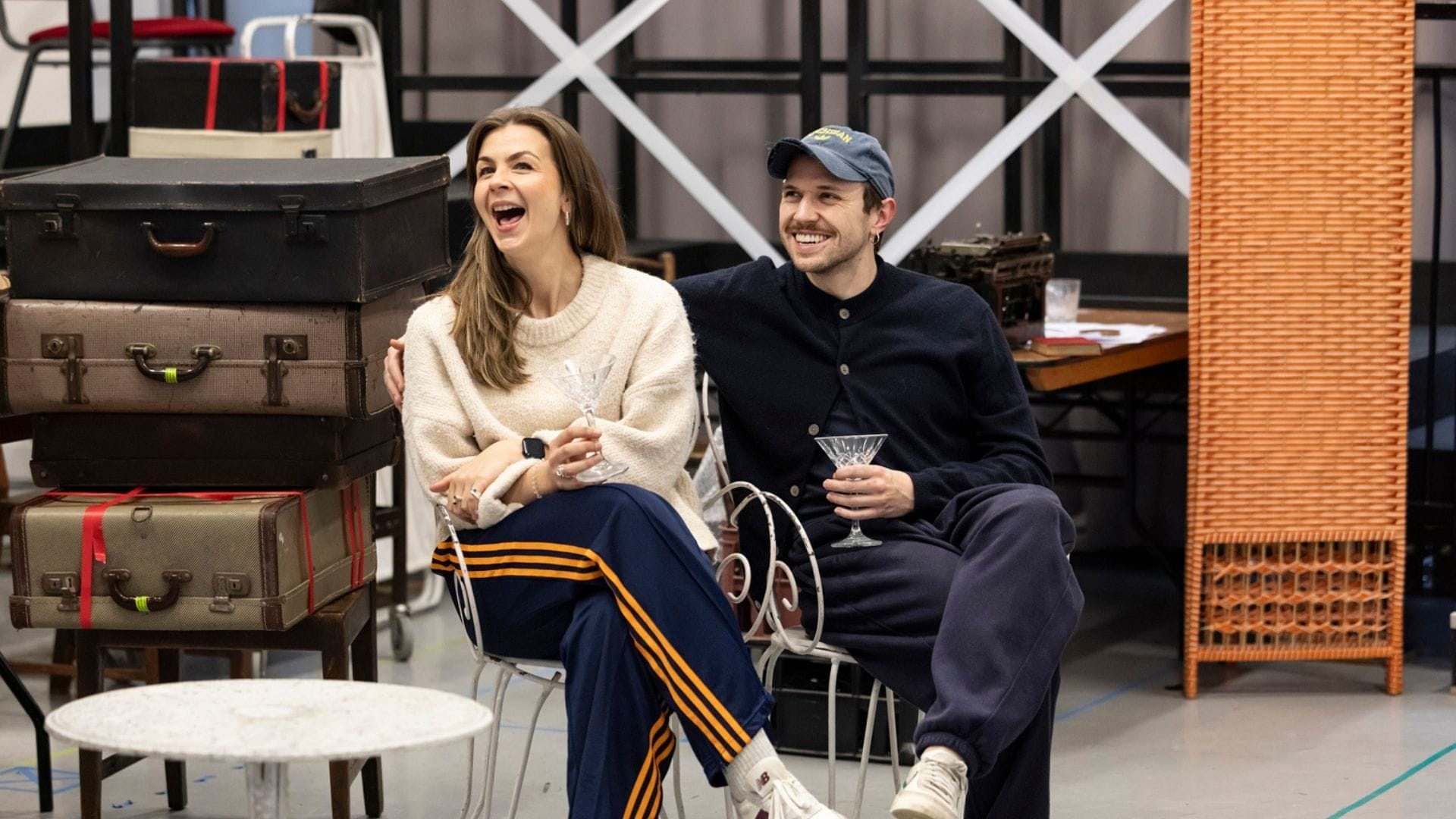 It is midsummer in 2012 and, ringing through the Century 16 movie theatre in Aurora, Colorado, approximately twenty minutes into the midnight premiere of Christopher Nolan’s third and final instalment of his Dark Knight Trilogy, there comes a blast, followed by a fury of gunshots. It is this night which claimed the lives of twelve individuals and transformed countless others, and also which Screen 9 carefully guides its audience through, minute by terrifying minute.
It is midsummer in 2012 and, ringing through the Century 16 movie theatre in Aurora, Colorado, approximately twenty minutes into the midnight premiere of Christopher Nolan’s third and final instalment of his Dark Knight Trilogy, there comes a blast, followed by a fury of gunshots. It is this night which claimed the lives of twelve individuals and transformed countless others, and also which Screen 9 carefully guides its audience through, minute by terrifying minute.
Screen 9’s four characters each live distinct and fulfilling lives. Though they are changed by their trauma, they persevere nonetheless. Together, they unite to retell and reclaim their stories, stories all-too-often overlooked, yet worthy of recognition—and even more so, of understanding. Screen 9’s cast perfectly embodies the pain and awkwardness of reliving their trauma. From a mother, to lovers, to a friend, no life is untouched by the abrupt termination of another. This is a shared understanding which Sabrina Wu, Hannah Schunk-Hockings, George Rexstrew, and David Austin-Barnes all subtly imbue their characters with on an incredibly intimate level.
Screen 9’s writer and director, Piccolo Theatre’s Kate Barton, makes sure to respect the individual stories of these survivors, adapting their authentic words, from the transcripts of testimony to news coverage to social media. As such, Barton’s direction remains daringly honest and unflinching, even drawing the actors into the audience and setting the latter in the cinema themselves. Her direction seems to dive right into the messy tangle of possible reactions to such a tragedy and draw out a communal humanity. Even when its characters’ opinions are split, there remains a wholly affecting and poignant display of solidarity amongst the survivors—one also felt by the audience at the end of the show.
Screen 9 refuses to simplify the issue, instead laying out the intricacies of gun violence through intimate storytelling and communal conversations. It offers viewers an engaging, if harrowing, experience, centered around well-explored themes including the right to bear arms, the reality as opposed to the fantasy of violence, the spectrum of opinions on gun control measures, the interaction between trauma and grief, memory, and the complications of America’s firearm impasse. Barton’s play also problematizes its audience’s and its characters’ possibly biased and/or simplistic solutions, not giving one direct answer, but prompting a conversation that will last long after the doors open and its audience steps back into the world.
Screen 9 tells not only the stories of those taken away, but those left behind by gun violence. It addresses how those constantly reliving a tragedy move beyond it—or rather how they take it with them and are changed by its burden. Ultimately, the saying rings true: tragedy does bring people together; yet Screen 9 shows us how differently we can react as a result of it, how forever transformed our lives are by it, and urges us to take proactive, unifying steps to preclude it.
Screen 9 is at Pleasance at EICC until August 29th 2021

